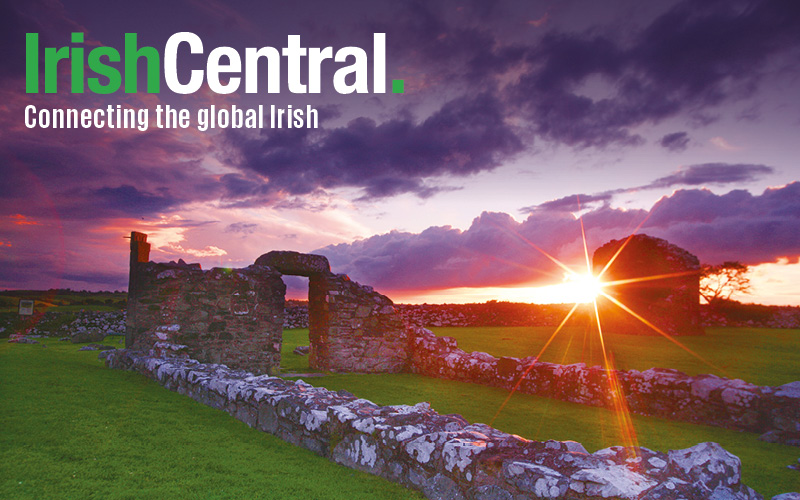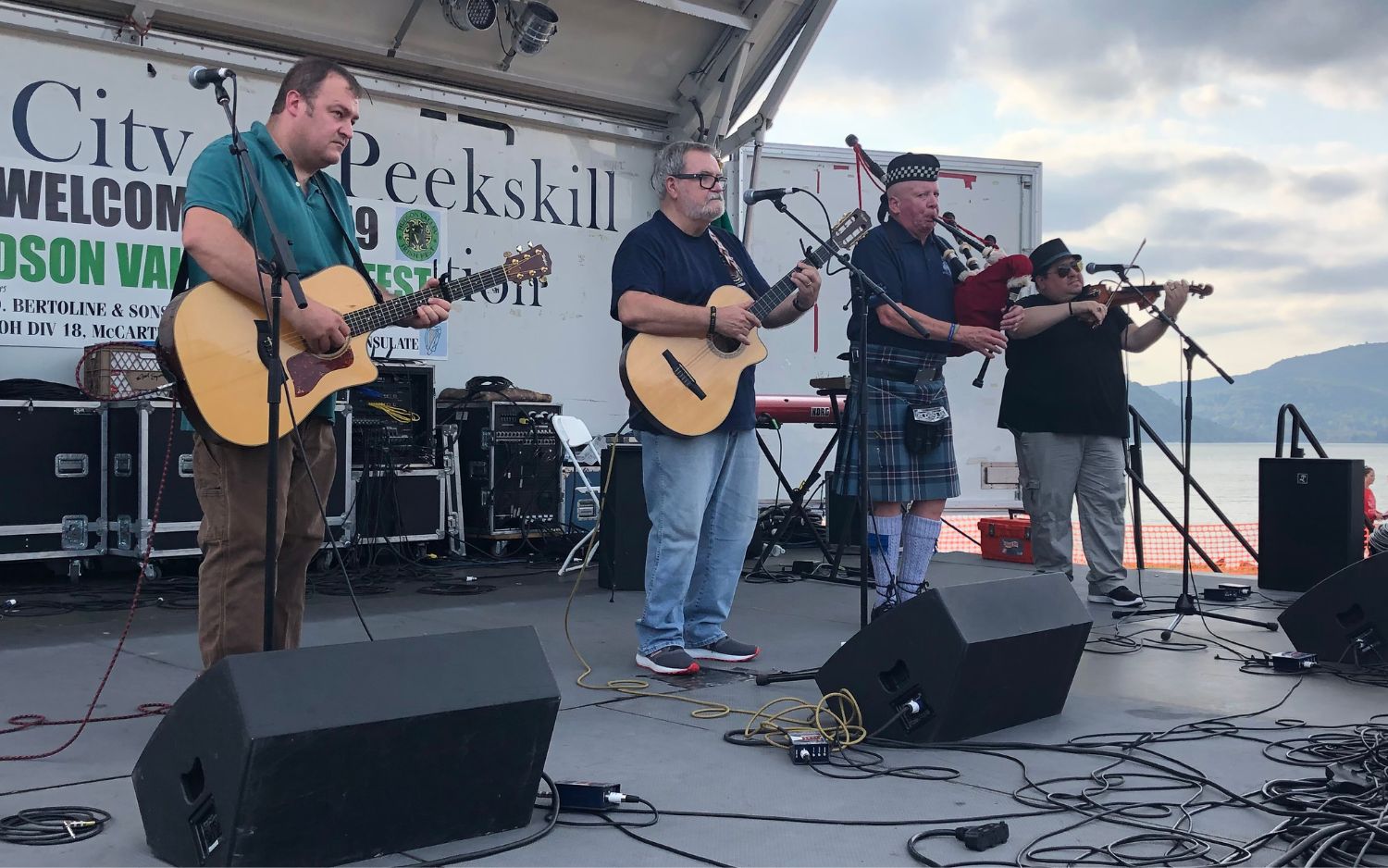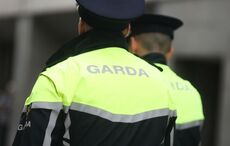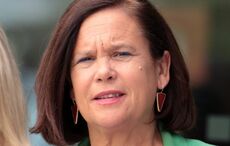Following the news of the death of the great South African leader Nelson Mandela at 95 years of age on Thursday, there has been an outpouring of grief and tributes from around the world.
A number of reflections on the human rights hero have come from leaders of Ireland and Northern Ireland. Former Irish president Mary Robinson, who worked closely with Mandela as one of the Elders, the organization of elder statesman, human rights and peace activists he founded, and who delivered the Nelson Mandela Foundation’s 10th annual lecture in 2012, asked “Why are we so bereft? Because he was the best of us, the best of our values…. As we mourn the passing of this extraordinary man, and young people around the world feel a particular sense of loss, we can honor him best by giving of ourselves to others.”
Ireland’s current president, Michael D. Higgins, commented that, “The immense moral force that was Nelson Mandela was built on his commitment to all of the people, and was motivated by a deep humanity and limitless compassion that was delivered with modesty and a powerful simplicity.”
In Dublin, Irish flags at Ireland's parliament building, Leinster House, City Hall, and civic offices are all being flown at half mast. In Dublin, books of condolence are open at the Mansion House (the Lord Mayor's official residence), and St. Patrick’s Cathedral. Elsewhere in Ireland, Limerick’s City Hall, the Limerick County Hall in Dooradoyle, and NUI Galway also have opened books of condolence.
“The name Mandela stirred our conscience and our hearts. It became synonymous with the pursuit of dignity and freedom across the globe….Today, a great light has been extinguished. The boy from the Transkei has finished his long walk. His journey transformed not just South Africa, but humanity itself,” Ireland’s Taoiseach (Prime Minister) Enda Kenny, said.
U2 front-man Bono spoke of the deep impact Mandela’s activism had on his life and outlook. “As an activist, I have pretty much been doing what Nelson Mandela tells me since I was a teenager. Mandela lived a life without sanctimony. His lack of piety helped him turn former foes into friends,” he told Time.
Others gave more politicized comments, such as Paul Hill of the Guilford Four. “I’ll be raising a glass to the Dunnes Stores workers whilst those who called him a terrorist parade at his funeral,” he said, in reference to the eleven Dunnes Stores workers who went on strike in Dublin in the early 1980s, refusing to sell fruit imported from South Africa. Their protests helped bring about Ireland’s ban on South African products in 1987. When Mandela traveled to Dublin in 1990, he met with nine of the former strikers (the other two were living in Australia at the time).
“[Mandela] not only stood against the injustice and inequality of apartheid, but rose above it and overcame it, leading his nation and his people on the road to freedom….Nelson Mandela was a strong supporter of the Irish peace process and the Good Friday Agreement, consistently promoting the need for inclusive dialogue, consultation and negotiation as opposed to confrontation and conflict,” said John Hume, who, with David Trimble, won the Nobel Peace Prize in 1998. Mandela won the same award five years earlier in 1993.
He never got to visit Northern Ireland, but it is important to understand the power of Mandela’s influence there, especially when it came to the Peace Process. He was an admired figure there for decades. There is a mural of him on the Falls Road, and in in 1986, students at Queens University Belfast re-named the Student Union building Mandela Hall, in opposition to apartheid. The university later selected Mandela as the honorary graduate to mark the institution’s 2008 centenary. Unable to travel at the time due to his health, Mandela sent special remarks and stated that “My grandchildren will be impressed when I can boast I have an honorary doctorate from such an esteemed institution.”
On their 1989 number 1 EP "Ballad of the Streets," Scottish rock group Simple Minds paired their song “Mandela Day,” with “Belfast Child,” written in response to the Enniskillen bombing. “Mandela Day” was composed for the Nelson Mandela 70th Birthday Tribute concert held in London on June 11, 1988, in support of Mandela, who was then still imprisoned.
In 1994, a few months after he was sworn in as South Africa’s first black president, Mandela invited Gerry Adams to South Africa, sending a powerful message that Adams was to be taken seriously and that hopes for an IRA ceasefire were on the horizon. At the time, he said, “We fully support the peace process, and we will do everything in our power to support all the parties.”
Upon hearing the news of Mandela’s death, Adams said “there was a slippage in the heart….When he reached out to Sinn Féin in the ’90s, it was resisted stridently by the British establishment and by sections of the media. He and the ANC [African National Congress] were a great help in the peace process, he understood many of the turns and twists.”
In 1997, a few months before the 1998 Good Friday Agreement, Mandela invited several Northern Irish peace negotiators to his home in Cape Town for a conference intended to show unionist and nationalist politicians the lessons of the South African movement to end apartheid (a further account of this historic gathering can be read here).
Reflecting upon the meeting in Cape Town, Unionist MP Jeffrey Donaldson, who was involved in the Good Friday negotiations, told the BBC that Mandela “said something I thought that was quite profound, and that was that you don’t make peace with your friends, you make peace with your enemies….I think the time that he spent with us and the experience he shared had quite an impact on all of the parties.”
Mandela later hailed the Good Friday Agreement as “a beautiful initiative.” When he travelled to Dublin in 2000 to receive an honorary Doctorate from Trinity College, Northern Ireland was again in the midst of political deadlock and Mandela used the Trinity stage to call for its end. “I want to encourage all parties in the Northern Ireland peace process to resolve all matters required for the implementation of the Good Friday Agreement,” he said publically. Privately, he also met with leaders from the Ulster Unionists, the Social Democratic National Party, and Sinn Fein.
SDLP leader Mark Durkan also paid tribute, Mandela “as not just a friend to Northern Ireland, but a friend to the world.”




Comments